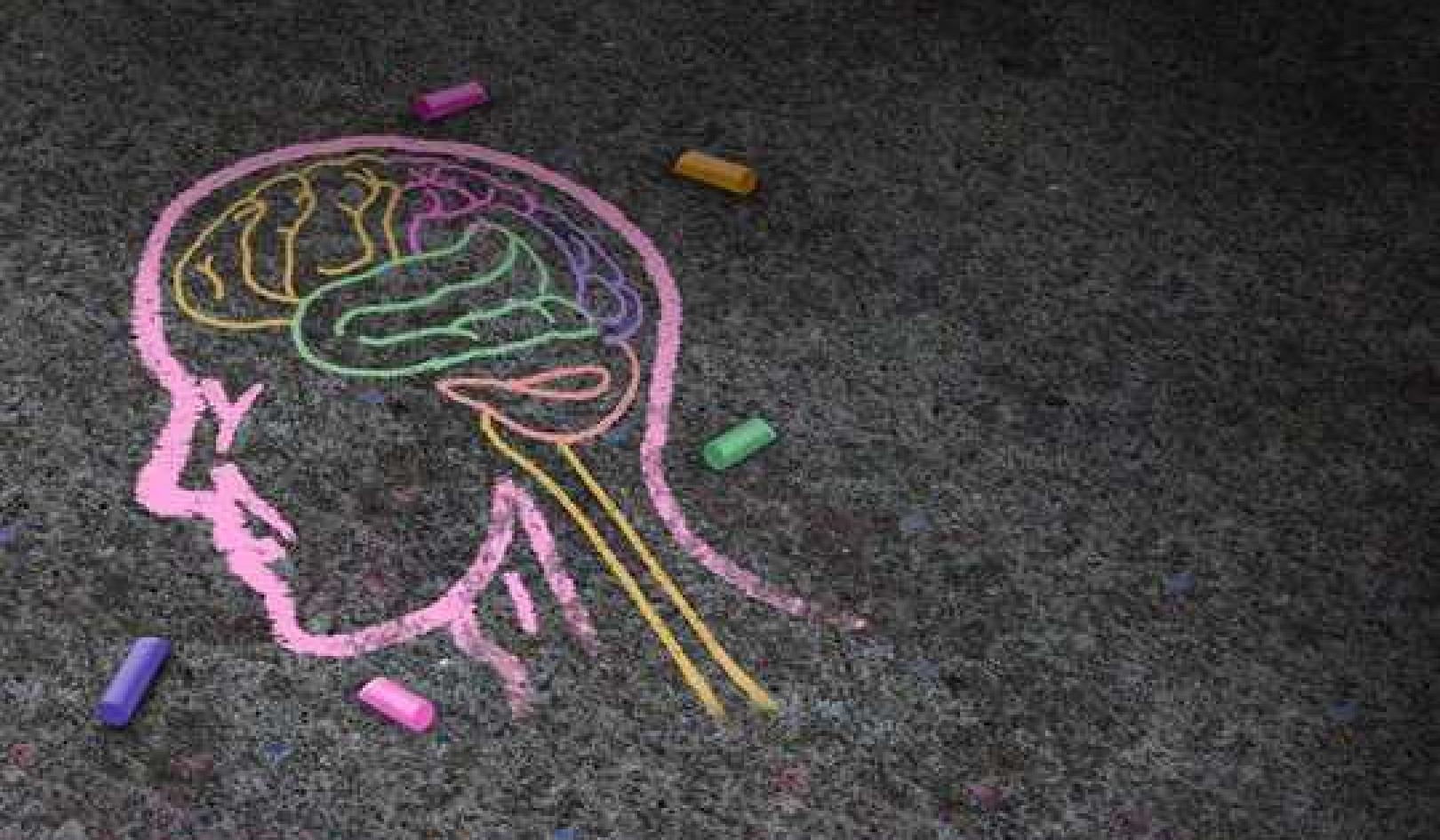 Gearstd/Shutterstock
Gearstd/Shutterstock
People often complain that their boss lacks understanding and compassion, thinking they would have approached the job entirely differently. But are leaders really deficient when it comes to empathy? And if so, why?
The question is important. Since the ethical failures of leadership that led to the 2008 recession, there has been a concern for the relatively unchecked power of chief executives. These people after all have the ear of politicians and are influential in shaping society.
This has resulted in a desire for a more distributed and ethical approach to leadership. There is a trend for organisations to want to develop leadership at all layers – rather than it being the domain of a powerful few. We are also seeing an increase in publications that call on leaders to be empathetic, ethical, authentic, humble, fair, emotionally intelligent and responsible.
Despite this, recent research has shown that power is linked with selfishness. For example, people who have power over a greater number of followers are less likely to use moral reasoning and care for the collective wellbeing than those who have power over fewer followers.
What’s more, earlier research on “motor resonance” – which is linked to empathy because it measures our level of perception of other’s actions and experiences – found that people in power displayed lower resonance than people with less power did.
Chicken and egg
During Barack Obama’s reelection campaign, Michelle Obama made the observation: “Being President doesn’t change who you are, it reveals who you are”. So does power change a leader or does it reveal the leader for who they are?
Research on power and moral identity concluded that a person’s moral compass does influence whether their power results in self-interested behaviour.
Power for an organisational leader typically derives from assigned authority(positional power) and the ability to exert influence over others (personal power). When a leader balances authority and influence with attributes such as empathy, integrity or humility, this is more likely to result in ethical use of power. When authority and influence are not tempered by such positive attributes and are wielded for self-interest or morally ambiguous purposes, unethical abuse of power ensues.
But research also suggests that power can change us. So what happens when people gain power? The vast majority of us, after all, have empathy to some degree. This is central to emotional and social competency and to emotional intelligence, which are useful in running an organisation.
Simon Baron-Cohen, a psychologist at the University of Cambridge, has explored the correlation between empathy and cruelty seeking to uncover how some people behave in depraved, immoral ways while others don’t. Baron-Cohen uses the term “empathy erosion” to explain how we can all turn our empathy off due to our beliefs, experiences, goals and emotions. When empathy is turned off, we are focused on our own interests to the detriment of others.
 It can be lonely at the top. fizkes
It can be lonely at the top. fizkes
The road to leadership, with its focus on achievement of goals, delivery of results and financial performance – together with increased levels of stress – might therefore lead to empathy erosion even in the most well-intentioned leader. In fact, research suggests that power makes people more likely to act in a way that is consistent with their goals – increasing persistence and the seizing of opportunities. But this goal focus also makes them more likely to ignore peripheral information, which in social situations, can be perceived as lacking in empathy.
The company Enron, whose leaders were found guilty of fraud and conspiracy, provides an extreme example of empathy erosion with increases in power. While Enron adopted a formal statement of human rights principles advocating respect, integrity, communication and excellence, retrospective reviews of leadership describe them as immoral, arrogant and mercenary – exploiting loopholes, manipulating markets and inflating profits in a bid to be successful.
More recently, concern over leaders abusing power has shifted to the technology industry with the chief executives of Facebook, Twitter and Amazon coming under increasing scrutiny.
But is it really just the fault of the boss? Power and empathy in leadership is a complex dynamic. Baron-Cohen’s book illustrates it is not only leaders who might turn empathy off, followers may do too. If the results of power are beneficial to us, could it be that we even overlook a lack of empathy in our leaders?
In an increasingly polarised political landscape, we see differing political views challenged, not through debate and discussion, but through tribal behaviour. We often consider the groups that we belong to as worthy of empathy, respect and tolerance – but not others. What’s more, recent research has identified that we reward our leaders for being naysayers – negating, refuting or criticising others – rather than empowering them.
So yes, power can certainly corrupt. That said, if we want to create truly empathetic leaders we must all challenge our own behaviour.![]()
About the Author
Suzanne Ross, Senior Lecturer, Nottingham Business School, Nottingham Trent University
This article is republished from The Conversation under a Creative Commons license. Read the original article.

Related Books:
What Color Is Your Parachute? 2022: Your Guide to a Lifetime of Meaningful Work and Career Success
by Richard N. Bolles
This book offers a comprehensive guide to career planning and job searching, providing insights and strategies for identifying and pursuing fulfilling work.
Click for more info or to order
The Defining Decade: Why Your Twenties Matter--And How to Make the Most of Them Now
by Meg Jay
This book explores the challenges and opportunities of young adulthood, offering insights and strategies for making meaningful choices and building a fulfilling career.
Click for more info or to order
Designing Your Life: How to Build a Well-Lived, Joyful Life
by Bill Burnett and Dave Evans
This book applies the principles of design thinking to personal and career development, offering a practical and engaging approach to building a meaningful and fulfilling life.
Click for more info or to order
Do What You Are: Discover the Perfect Career for You Through the Secrets of Personality Type
by Paul D. Tieger and Barbara Barron-Tieger
This book applies the principles of personality typing to career planning, offering insights and strategies for identifying and pursuing work that aligns with your strengths and values.
Click for more info or to order
Crush Your Career: Ace the Interview, Land the Job, and Launch Your Future
by Dee Ann Turner
This book offers a practical and engaging guide to career development, focusing on the skills and strategies needed to succeed in job searching, interviewing, and building a successful career.





















